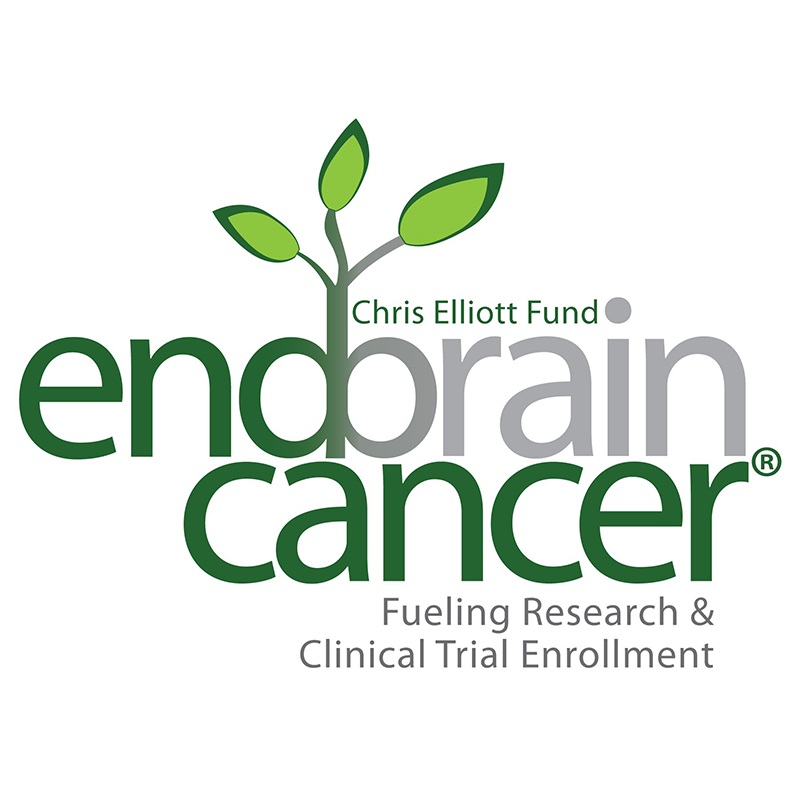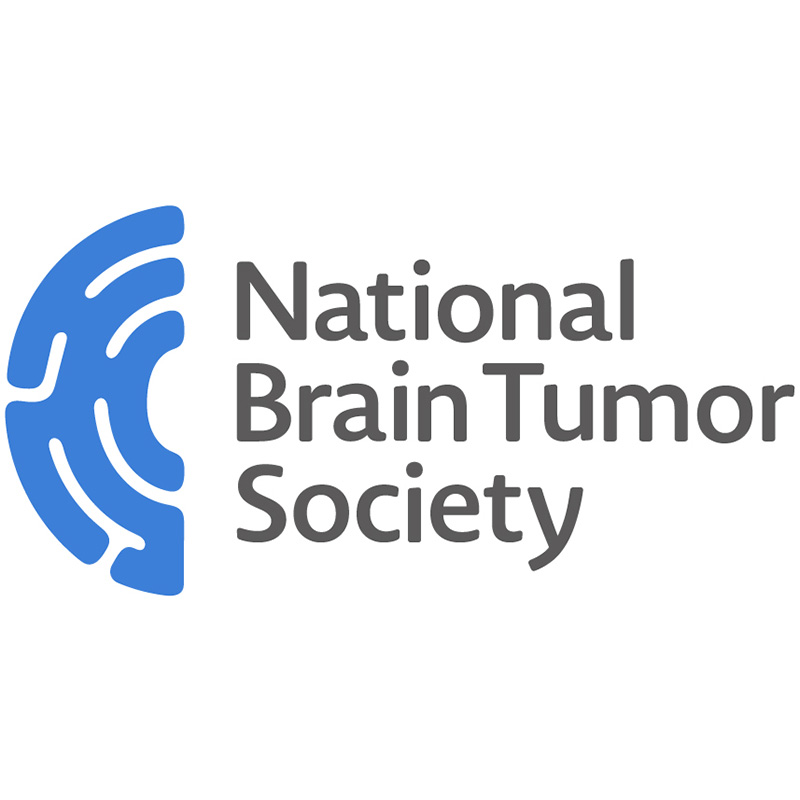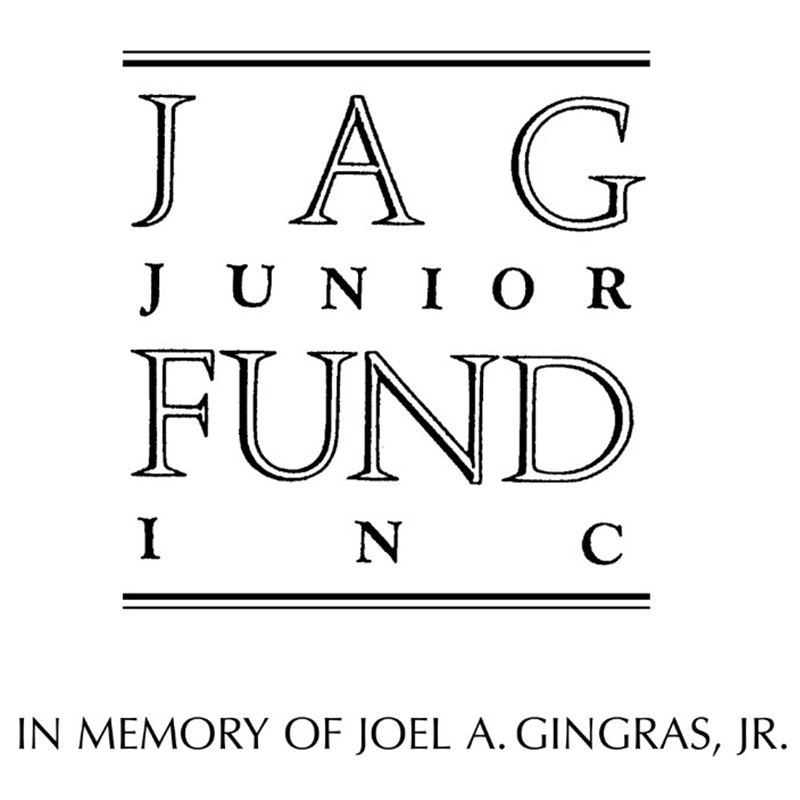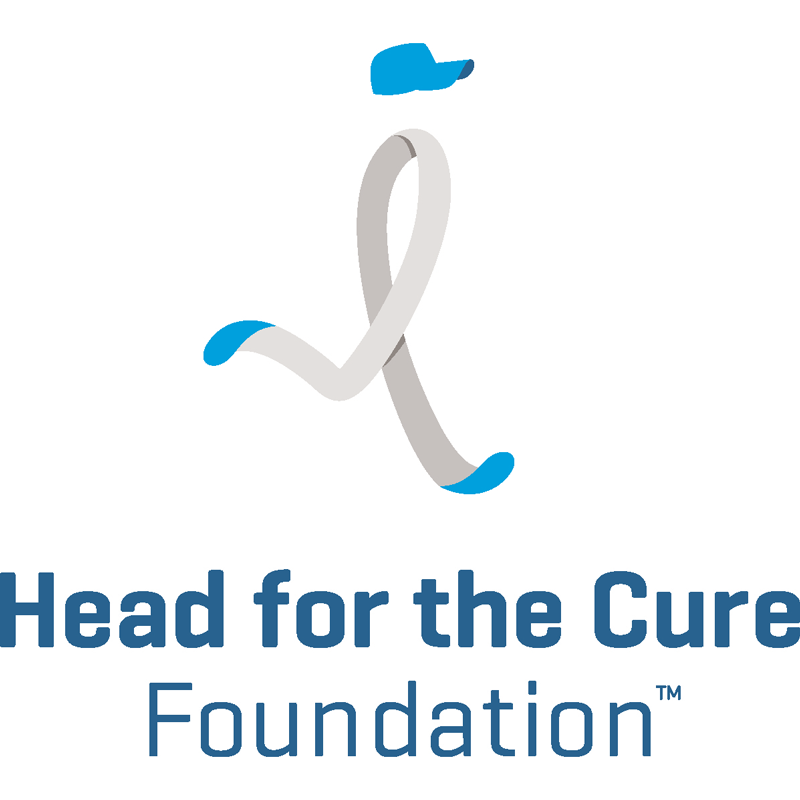Our Passion for Patient Care
At Imvax, we are working on turning the complexity of a solid tumor against itself by developing personalized, whole tumor-derived immunotherapies. We are developing our proprietary immunotherapy platform, Goldspire®, to deliver a pipeline of personalized, whole tumor-derived treatments targeting intractable solid tumors.
Goldspire® harnesses decades of research and multiple validated technologies by capturing the full antigen signature of a patient’s tumor and using it to stimulate the patient’s own innate and adaptive immunity against tumor cells.
With promising clinical data for IGV-001 in glioblastoma multiforme (glioblastoma, or GBM), we are working to use our platform to develop new products to treat other solid tumors.
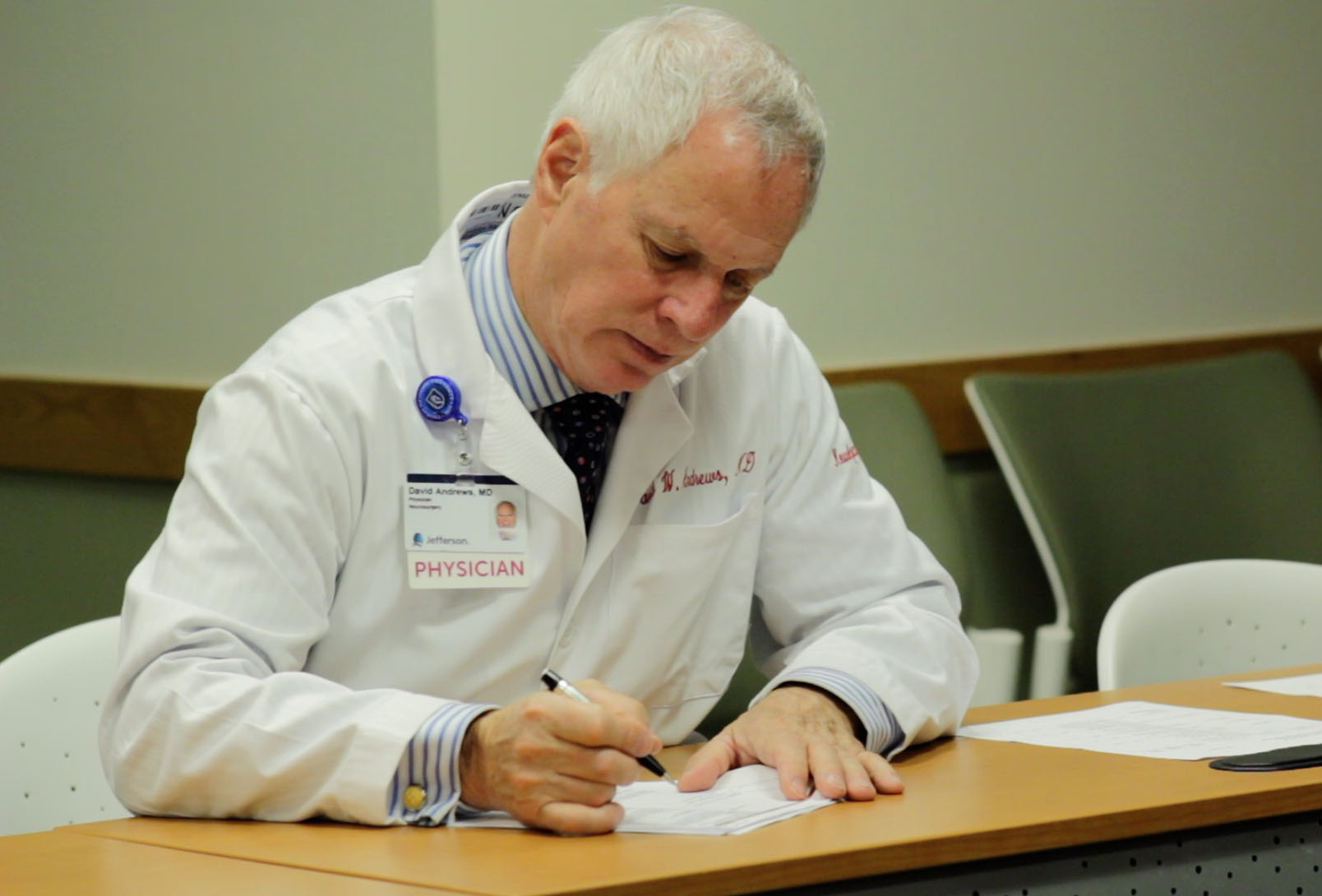
“Our highest priority and motivation are the patients, families and caregivers.”
Our Clinical Trials in Glioblastoma
GBM is a brain cancer that is nearly always fatal. It is the most common malignant tumor that affects the central nervous system (CNS) and the third most common tumor of the brain and CNS. A person newly diagnosed with GBM currently has a median overall survival (OS) or life expectancy of approximately 12 to 15 months, and less than 6% of GBM patients survive to five years after diagnosis. The existing standard of care is based on a surgery that removes as much of the tumor as possible. This procedure is typically followed by chemotherapy (temozolomide) combined with radiation and then chemotherapy (temozolomide) alone.
IGV-001, Imvax’s most advanced product candidate, is in development to treat GBM. In March 2023, we initiated a randomized, placebo-controlled Phase 2b clinical study of IGV-001 in patients with newly diagnosed glioblastoma (ndGBM) (NCT04485949). More information about this trial can be found further down this page.
Expanded Access Policy
For information about Imvax’s Expanded Access Policy, please click here.

“We are excited about the potential of IGV-001 for the treatment of ndGBM and look forward to seeing its results in mid-2025.”
What does a Phase 2 trial investigate?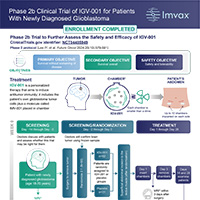
Phase 2 trials generally utilize the same dose and schedule of a drug determined to be safe and effective in Phase 1, but in a larger group of patients. The goals of a Phase 2 trial are to further determine the safety of a new drug and to evaluate its effectiveness. A summary of this study is available in infographic format by clicking on the image.
What is the design of the Phase 2 study?
Based on the encouraging results in the Phase 1 studies, Imvax initiated a Phase 2b study with IGV-001 in approximately 100 patients with ndGBM in March 2023. The trial was run at 20 cancer centers, generally in the Eastern half of the United States, and enrollment was completed in May 2024. All patients had biodiffusion chambers placed in the abdomen after surgery for the brain tumor. One-third (1/3) of the patients had a placebo (inactive drug) in the biodiffusion chambers, and two-thirds (2/3) had active IGV-001 in the biodiffusion chambers. The study is blinded, meaning participants, doctors, and treatment teams did not know if they received IGV-001 or the placebo. In rare cases, treatment can be revealed (unblinded) if doctors feel that information is important to know for additional medical care or an emergency. Patients also received standard chemotherapy (temozolomide) with radiation followed by chemotherapy (temozolomide) alone after recovery from brain tumor surgery, just as was done in the Phase 1 study.
What were the requirements to enroll in the Phase 2 study?
The primary requirement for eligibility in our Phase 2b study was that patients must have had newly diagnosed GBM prior to starting chemotherapy or radiation. Other important requirements for patient eligibility in the study, such as general health and other medications, were reviewed and discussed with doctors and research teams. Most, but not all, patients with ndGBM were eligible for this study.
How was patient eligibility determined?
Once participants signed the consent form, their research team performed various tests required to determine their eligibility for the study, including scans, blood tests and tests on their heart. Once all of these tests were performed and if the results were satisfactory, patients were scheduled for surgery on their brain tumor. If a patient was determined to not be eligible for the study, their treatment team reviewed other treatment options.
Where did the study take place?
You can find the study listing (NCT04485949) in www.clinicaltrials.gov. The following sites participated in the study:
- Dartmouth Hitchcock Medical Center, Lebanon, NH
- Tufts Medical Center, Boston, MA
- Rhode Island Hospital, Providence, RI
- Lenox Hill Hospital, New York, NY
- Montefiore Medical Center, New York, NY
- Icahn School of Medicine at Mount Sinai, New York, NY
- Columbia University, New York, NY
- Weill Cornell Medicine, New York, NY
- Westchester Medical Center, Valhalla, NY
- Memorial Sloan Kettering Cancer Center, New York, NY
- Northwell Health at North Shore University Hospital, Manhasset, NY
- Jersey Shore University Medical Center, Neptune, NJ
- Thomas Jefferson University, Philadelphia, PA
- University of Pennsylvania, Philadelphia, PA
- The Pennsylvania State University Milton S. Hershey Medical Center, Hershey, PA
- University of North Carolina, Chapel Hill, NC
- Henry Ford Health System, Detroit, MI
- The Ohio State University, Columbus, OH
- University of Wisconsin, Madison, WI
- Mayo Clinic, Jacksonville, FL
What are the goals of the study and when will data be available?
The primary endpoint of the trial is progression-free survival (PFS), and key secondary endpoints include overall survival and safety. Top-line PFS data will be available in mid-2025.
What does a Phase 1 trial investigate?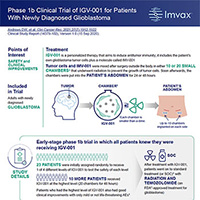
The primary purpose of a Phase 1 trial is to evaluate the safety of a new drug before it proceeds to further clinical trials. In addition to safety, researchers can answer other questions in a Phase 1 trial such as how much of a drug is measured in the blood after administration, how it works in the body, and/or the side effects associated with increased dosage. A summary of this study is available in infographic format by clicking on the image.
What Phase 1 studies has Imvax conducted?
To date, two Phase 1 clinical studies of IGV-001 in recurrent GBM and ndGBM have been completed that dosed a total of 46 patients. The larger of these trials, a Phase 1b trial of IGV-001 in 33 patients with ndGBM, was conducted and completed at Thomas Jefferson University. The patients in this trial had tumor cells removed by surgery, which were then treated with IMV-001, inserted into biodiffusion chambers and placed into the patient’s abdomen. Patients were randomly assigned to one of four groups, each with a different number of chambers and length of time the chambers stayed in the abdomen. After removing the chambers and recovering from surgery, the patients then went on to receive standard chemotherapy (temozolomide) combined with radiation, followed by chemotherapy (temozolomide). In the Phase 1b trial, the group of patients who received 20 biodiffusion chambers that remained in the abdomen for 48 hours had the most benefit. Both this number of chambers and specific timeframe have been selected for the Phase 2b trial.
What are the conclusions of Imvax’s Phase 1 studies?
The conclusions of this Phase 1b trial were that IGV-001 was safe and well tolerated. Furthermore, progression-free survival (i.e., the length of time during and after the treatment of a disease that a patient lives with the disease but it does not get worse) compared favorably with data from patients treated in the past with surgery and standard chemotherapy and radiation.
Patients and Community Resources
Clinical trials are highly regulated by federal regulatory agencies. You can find additional information at the website of The U.S. Food and Drug Administration.
Additional information can be found in the following websites:
- American Cancer Society (ACS)
- National Cancer Institute (NCI)
- National Comprehensive Cancer Network (NCCN)
- ClinicalTrials.gov
Imvax is proud to be a sponsor of the following patient advocacy organizations that are providing critical funding and advocacy for brain cancer research and much-needed support for patients and their families. Click on the links below to learn more.
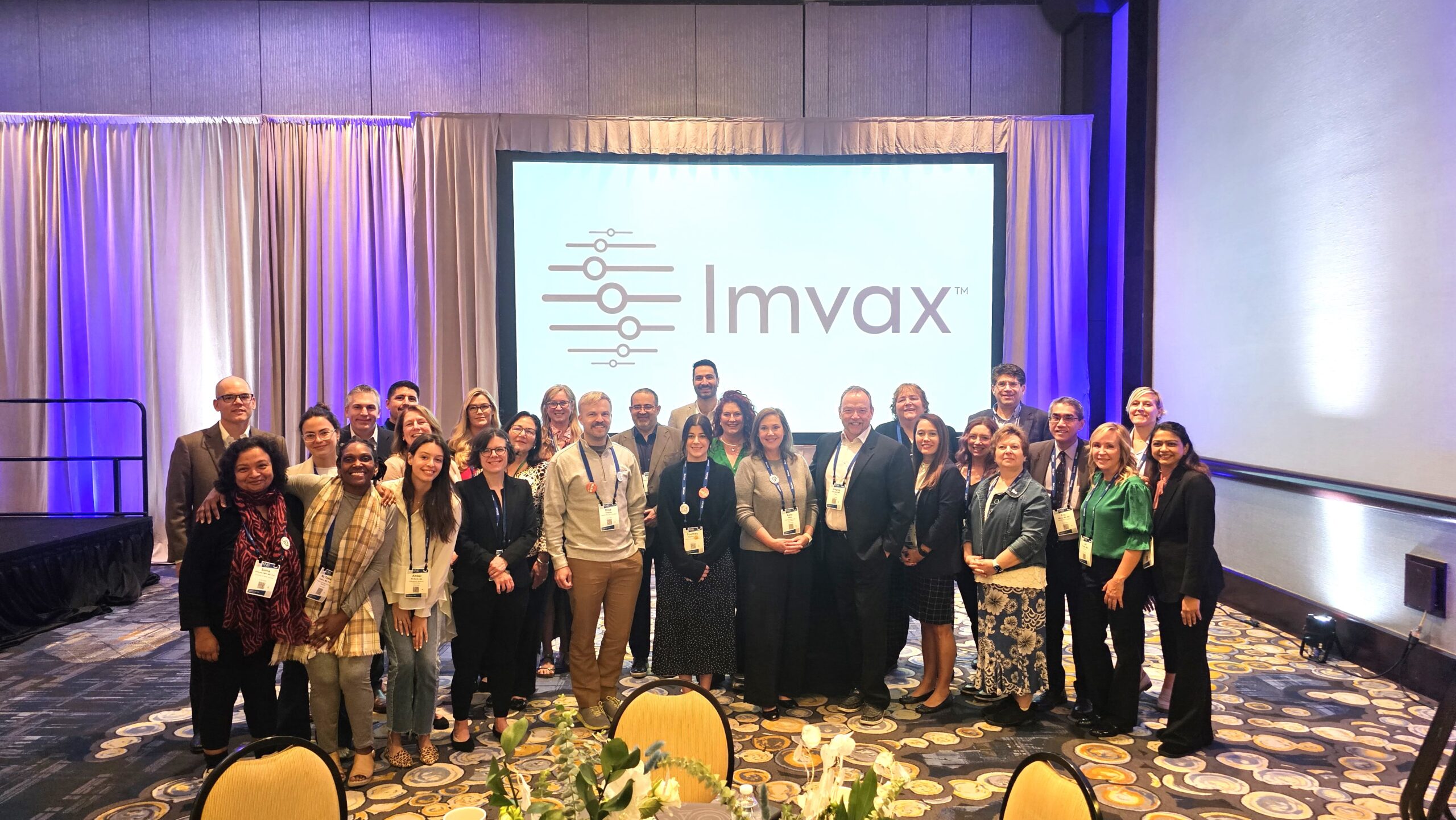
Patient Advocacy Breakfast at the 2024 Society for Neuro-Oncology Annual Meeting



